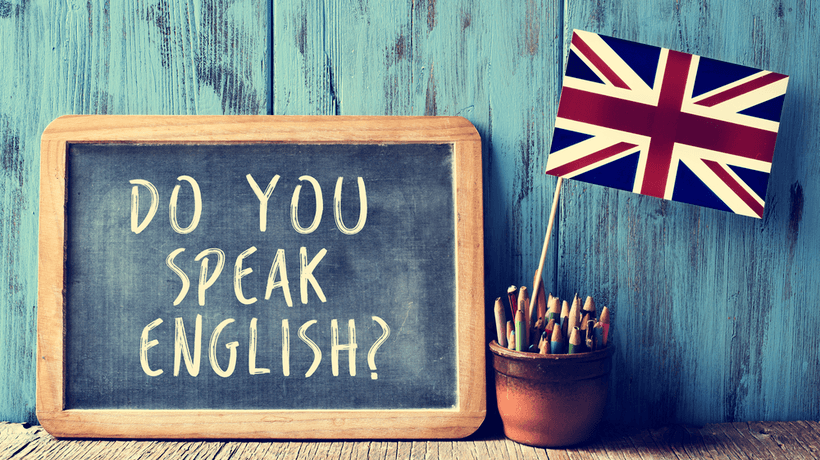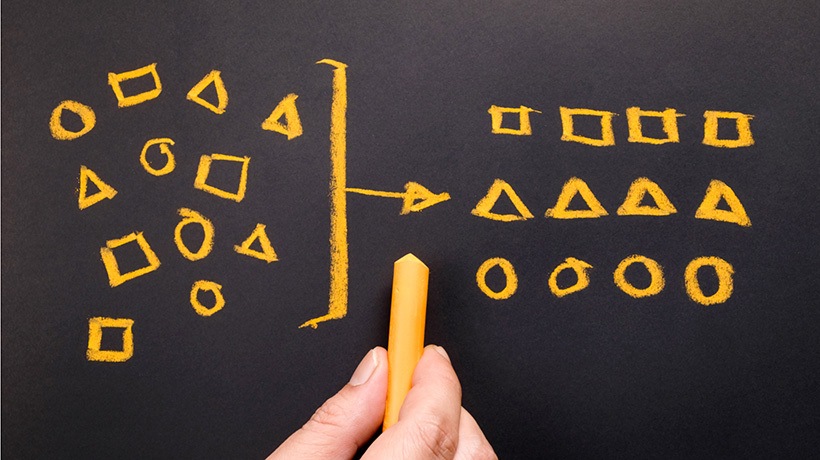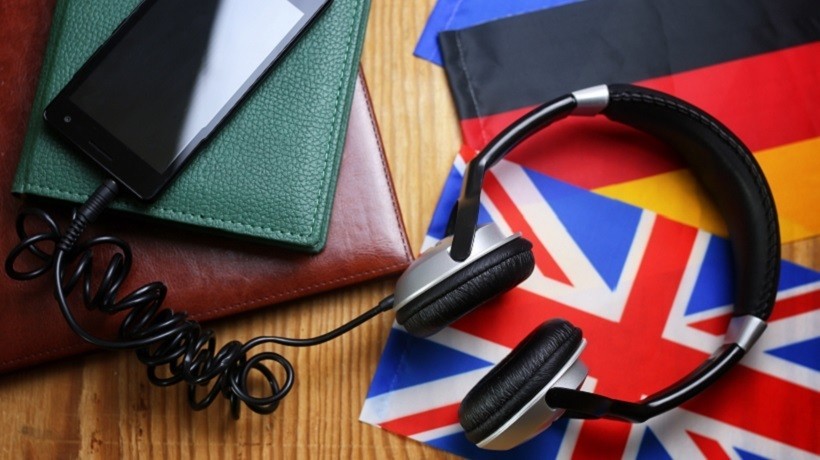How To Become Fluent In A Foreign Language
If you want to take a foreign language class to actually become fluent in the language, to be able to speak and understand with ease, then you'll soon realize you're up for a big challenge. Learning a language through a class is a slow, tedious, and let's face it—often boring process. The students too often see such little progress that they lose interest—or they stick with it, even ending up with good grades in the courses, and a couple years of study—but the result is the same—an inability to do more than slightly comprehend the foreign language.
It takes much more to learn another language, and much more effort also, on both the part of the student and the teacher. However, if approached correctly, the work required will then be engaging and rewarding.
Learning Phrases
It's best to learn phrases rather than single, separate words and individual rules of grammar. Get enough interesting "input" into your head, and you'll soon be able to naturally know the sound and rhythm of the language you're studying, without ever having to refer to a grammar book. No child would ever learn to speak if they were taught a grammar rule rather than just the correct way to say something.
I feel the best course that's out there is Assimil, which is a French company whose material and method is full of sentences and phrases pronounced by natives that you study for a number of months before you ever start speaking. This is similar to how you learned your native tongue, by first accepting input and putting things together in your head and then speaking.
Every bilingual and multi-lingual person I know has been able to learn the second language by this method (whether they used Assimil or not). Surround yourself with the language you want to learn and get thousands and thousands of progressively more difficult input into your head. After you finish Assimil, or even during it, seek out new input that matches your interest. What do you want to read about or listen to? Seek it out in the new language. If you follow your heart and your interests with this method, you'll soon find yourself fluent.
Remember With Images
Your brain will have an easier time of memorizing phrases if you can start connecting them to an image. For instance, to learn the following phrase (the first line in a book I'm reading), I connected the sentence to a mental image of a bright sun:
"Chaude, pensaient les Parisiens."
"Hot, thought the Parisians."
I listened to the audio in French and then imagined the hot sun while repeating the French pronunciation in my head.
This is similar to the Rosetta Stone method, except that you are responsible for creating your own images. They are based on what's in your memory and what you create with your own imagination.
This is especially useful for tricky sentences or phrases that you might find a bit more difficult. Using images helps your brain remember, and it's surprising that you can connect a whole phrase or sentence to one image. Brains are good at remembering visual images.
You can connect images to other images also, for instance, when learning a poem. You'll be able to scroll through the images and then remember the poem easily.
Practice Writing
When you first begin practicing writing, simply copy down the phrases you are studying. They can be a poem, a paragraph in a book, annotated bibliography or any phrase you find interesting and want to remember. Like taking notes, this helps you get the phrase in your head, just like visualizing it with an image does. This also improves your writing in the foreign language.
Later, when you begin composing, keep it simple, and keep it just like your spoken language. This way, you'll avoid mistakes, and you'll also be able to reinforce good structure rather than accidentally reinforcing awkward or wrong grammar or mistakes. Have your teacher or a native speaker look over your writing to check it for you. Every accent counts! Keep your punctuation clean and orderly. Be quick to correct yourself when you make mistakes as your learning progresses, and you'll make less of them.
Keep It Interesting
The usual way of learning a new language is to start with a lot of enthusiasm and then it fades out and you give up as the going gets tough. That's why it's very important to keep getting exposed to your natural interests by reading and listening to material that already intrigues you.
After you have input enough to get some basics down, join a language study group or find a foreign language speaking buddy in the language you're learning. Hang out with them and only speak the foreign language. Obviously, it pays to find a buddy that shares your interests whether work or hobby. Then, you'll have something to talk about!
Practice, Practice, Practice!
As you continue absorbing the language in study sessions and practicing with your buddy or two, remember to practice on your own those sounds or pronunciations that you find difficult. Try to imitate the most standard form of the language and concentrate less on the slang. The point is to communicate, to be well understood, not to be able to know 20 swear words. Sound out difficult letters, vowels, or sound combinations until you can do them with ease. Working on getting a difficult bit of the language correct right when you learn it is best, so then you won't keep reinforcing bad habits.
Enjoy A New World!
Speaking another language will open up a whole new world for you and give you a number of opportunities that will be closed to your monolingual friends. Explore different countries if you can and use every opportunity to communicate in your new tongue.
Learning another language is one of the most rewarding things you can do with your time. There are brain benefits for everyone, regardless of your age, and there is the wonderful feeling of enjoying your new friends and of accomplishing a great goal.
You will see if you use this method that learning a different language does not have to be intimidating or boring. It is up to you to find interesting material and to keep seeking out more knowledge. Being able to communicate fluently in another language is its own reward.







